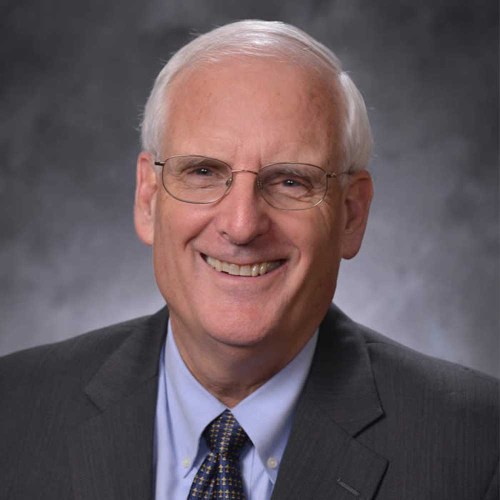Telemedicine options get boost from Senate bill
Published 8:00 am Tuesday, May 4, 2021

- Hansell
PENDLETON — The pandemic spurred on a surge of telemedicine options, and some medical providers are hoping that trend continues after it is over.
Cheryl Pearce, director of physician clinics for St. Anthony Hospital in Pendleton, said the hospital had used telehealth in some cases in the past, including for its stroke recovery program. But the clinics were limited on what telehealth they could provide.
Trending
Rural clinics were unable to be reimbursed for telehealth appointments for Medicare patients in their home, for example.
Once the pandemic hit, the Trump administration waived those rules, allowing clinics to continue seeing patients even when everything was shut down.
“A lot of the time, we just had to do it by telephone initially, because we couldn’t get any webcams because everyone in the country was trying to do everything virtually,” Pearce said.
Since then, however, St. Anthony has been able to expand and strengthen its virtual telehealth offerings. Pearce said the number of visits done virtually have “waxed and waned” over the course of the pandemic, depending on how quickly COVID-19 is spreading in the community.
She said some providers like doing video or phone visits, others don’t. Similarly, some patients prefer to be seen in person while others prefer a video visit. She said telehealth can be especially useful to certain groups of people, such as patients who live in assisted living facilities.
Telehealth can be particularly useful for follow-up visits, she said, when providers have already diagnosed the problem but need to check in with a patient to see whether their symptoms have improved or if their new medication is working.
Trending
She said she hopes St. Anthony will be allowed to continue providing telehealth options for patients after the pandemic is over.
Troy LeGore, vice president of Good Shepherd Medical Group in Hermiston, said in an email that Good Shepherd Health Care System as a whole has had a “robust” selection of telehealth offerings since prior to the pandemic. Just a few of those have included genetic counseling, tele-cardiolology and tele-endocrinology in the clinics and pediatric critical care in the Family Birth Center.
Once the pandemic hit, Good Shepherd added telehealth for all primary care clinics and urgent care, as well as adding other options for patients who didn’t want to come inside, such as curbside service for prescription pick-ups. LeGore said they plan to continue all of those options.
Telemedicine has its benefits and drawbacks, he said. On the negative side, some patients don’t feel like they got their money’s worth if they didn’t see a doctor in person and some struggle with figuring out the technology. There are also some more hands-on assessments that need to be done in person, such as taking blood pressure.
On the other hand, LeGore said, telehealth gives patients in more rural areas access to specialists they would otherwise have to travel long distances to see, and helped limit patients’ and providers’ exposure to each other during the pandemic.
Telepharmacy bill offers help
While the future of some telehealth options are still up in the air, a bill introduced by Sen. Bill Hansell, R-Athena, would allow pharmacists to provide virtual services in certain circumstances.
Senate Bill 629 is currently scheduled for a hearing in the House Committee on Health Care on Thursday, May 6. The bill would allow for a pharmacist to remotely supervise a pharmacy technician or speak with a patient rather than being on site. It would give pharmacies in small cities without enough work to support hiring a full-time pharmacist the ability to operate as a satellite office, where a pharmacy technician dispenses medications to patients under the supervision of a pharmacist at the main location.
Hansell said he had previously helped get funding for a medical clinic in Elgin that was affiliated with the Grande Ronde Hospital in La Grande. The small clinic would like to be able to dispense medications to patients on site, he said, but instead patients have to travel an hour round trip to pick up medications because there is not enough work to support a full-time pharmacist for the clinic. Under this bill, a pharmacist with Grande Ronde Hospital could remotely supervise a pharmacy technician at the clinic in Elgin.
“We anticipate that other clinics are in the same situation,” he said.
He said when he sponsored the bill, it was after finding out that Oregon is the only state west of Texas not offering it as an option.
“I thought, if it’s that universal, if there are concerns, we can work them out,” he said.
The bill has received the support of the Oregon Society of Health System Pharmacies, Oregon State Pharmacy Association and the Oregon Association of Hospitals and Health Systems.









